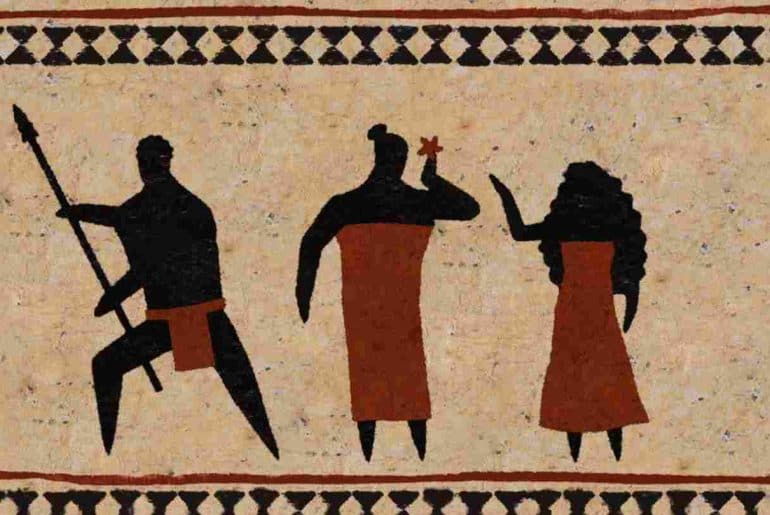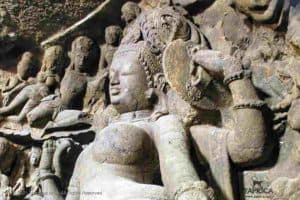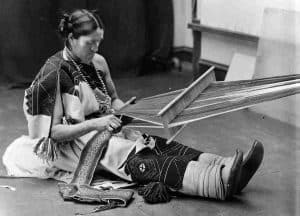The residents of Meghdoot Hostel have expressed dismay upon their living conditions and have alleged that various arbitrary decisions have been taken by the authorities. The accusations have mostly been levelled against the former provost of the Hostel, Dr Pratibha Mehta Luthra, who has reportedly recently retired from her Hostel duties.
Meghdoot Hostel is one of the two University hostels for women in North Campus. It primarily admits masters and PhD students. It has been reported that after the pandemic, quite a few hostels were not well equipped to take in fresh students. In Meghdoot Hostel most students were admitted as guest residents and were asked to pay a higher fee. It has been alleged that there was complete lack of transparency in the admission process. The basis on which students were admitted into the hostel is unclear and whether university guidelines were followed is in question. Reportedly, a disproportionately high number of science students, particularly students from Dr B.R. Ambedkar Center for Biomedical Research – the institution in which the former provost is a faculty member-were given permanent seats.
Students who were not given a permanent seat were asked to vacate on a short notice. Those who were about to complete their courses requested for brief extensions so that they could be allowed to stay at the hostel until the completion of their courses. Most of these requests were denied. Asking students to vacate their rooms on a short notice caused immense disruption as many of them did not have any other place to stay.
“My dissertation submission was on the 15th of June. I simply needed a 15-day extension. My application for extension was approved by the Department Head as well. Yet, the provost denied me an extension and refused to listen to my concerns” – a former resident of the hostel who wishes to remain anonymous
The former provost had reportedly undertaken the task of establishing a Saraswati idol in the Hostel premises. While the hostel often fell short of ensuring basic necessities for the residents, it was alleged that a considerable amount of the funds was spent in the establishment and maintenance of the idol. Multiple Hindu religious events such as havans and pujas were organised and it has been alleged that the students were coerced to participant in them. However, this has been refuted by a resident who stated that although religious gatherings and events were organised, attending them was a matter of choice. After the establishment of the idol, the hostel authorities stopped non-vegetarian food from being served in the mess. When this decision was met with complaints, the provost reportedly reasoned that non-vegetarian food cannot possibly be allowed in the hostel premises as the piety of the space had to be maintained due to the presence of the idol.
“We were repeatedly asked to participate in the events organised by the hostel. We were told that non participation in these events would affect our applications for permanents seats. Women from all over the country, from diverse cultures and different faiths, reside in our hostel. They were all asked to attend havans early in the morning. The prejudice that the provost had was very evident. – a resident of Meghdoot hostel who requested to remain anonymous
DU Beat contacted the members of the managing committee and the former provost to respond to the allegations.
“Thank you for kindly communicating with me on the matter. I held a meeting with the students on 2nd June 2023 in the matter. The response from them has been communicated to the management committee. Everything has been done as per rule and based on the request from the students.” – Dr Pratibha Mehta Luthra, Provost, Meghdoot Hostel
Reportedly a new provost has been appointed to the hostel. The students hope that their concerns are taken care of with greater sincerity in future.
Featured image credits: Joon Square
Read also – https://dubeat.com/2023/04/30/lsr-hostel-student-suffers-injuries-after-ceiling-collapse/
DU Beat












